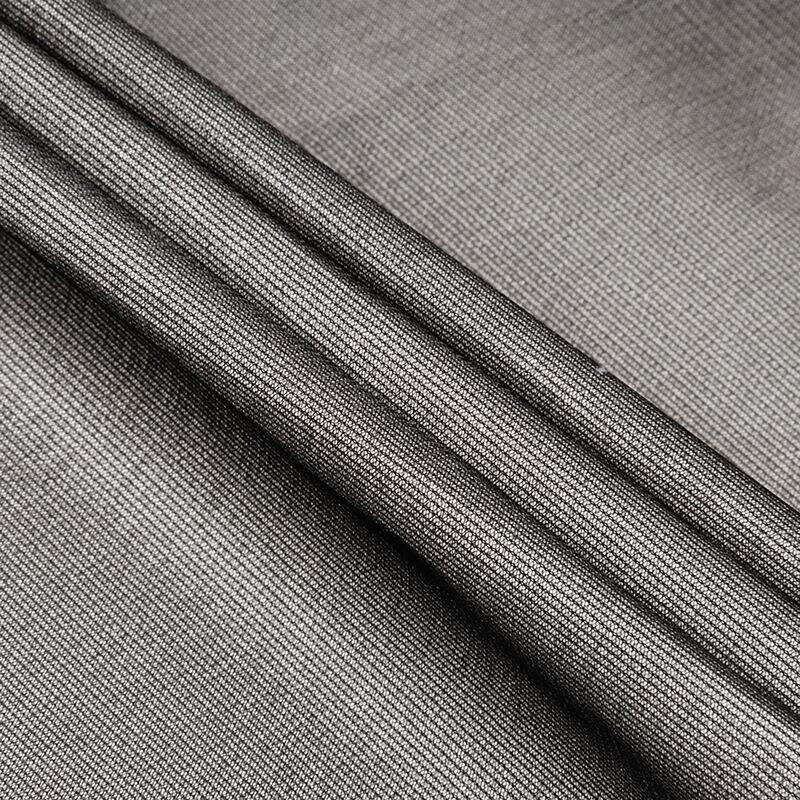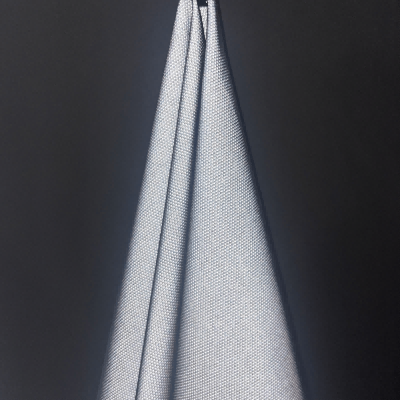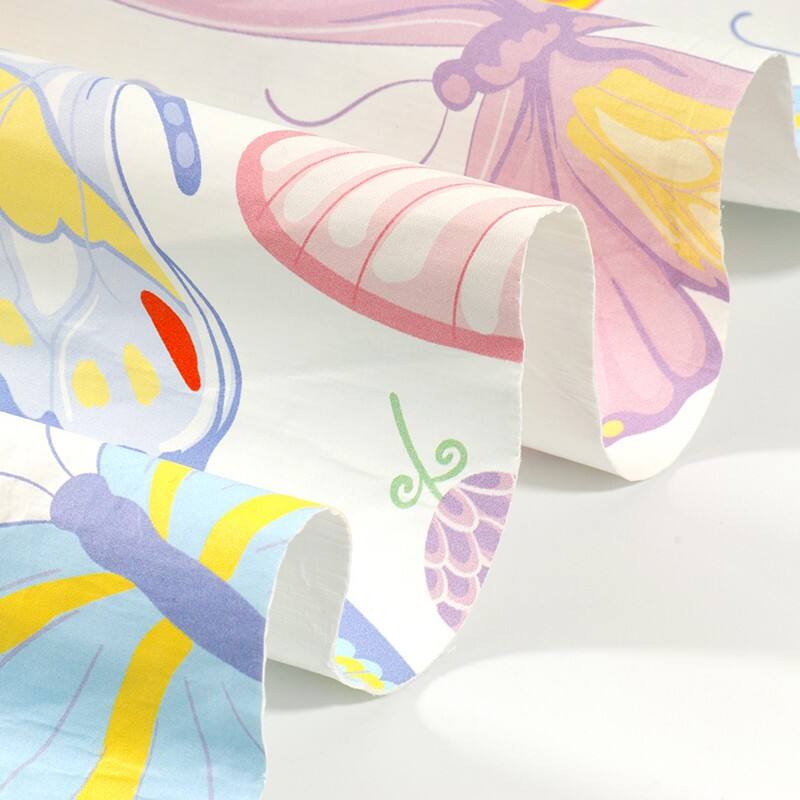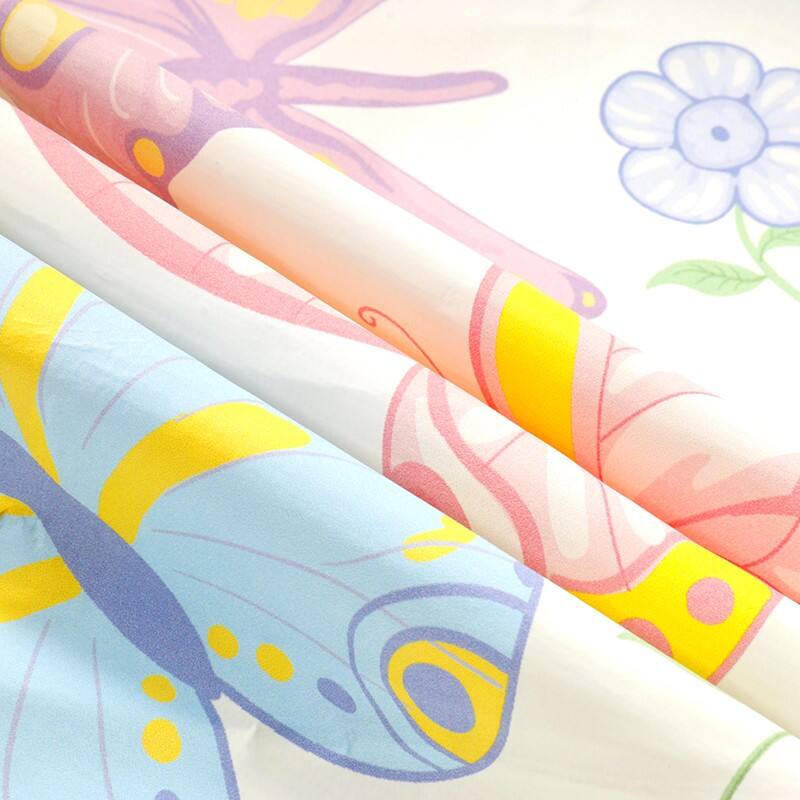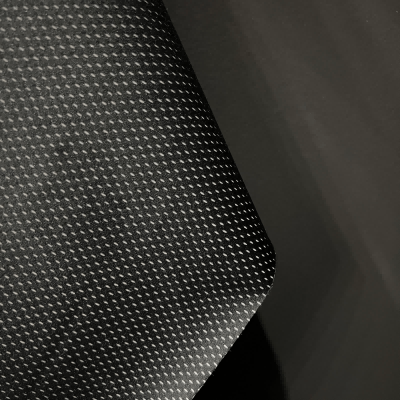soft non woven fabric
Soft non woven fabric represents a revolutionary material in the textile industry, engineered through advanced bonding processes without traditional weaving or knitting. This versatile material is created by binding fibers together using mechanical, thermal, or chemical methods, resulting in a fabric that combines durability with exceptional softness. The unique manufacturing process allows for precise control over thickness, density, and surface texture, making it adaptable to various applications. The fabric exhibits remarkable breathability while maintaining structural integrity, thanks to its interconnected fiber network. It offers superior moisture management capabilities, effectively wicking away moisture while remaining comfortable against the skin. The material's inherent properties include excellent air permeability, lightweight construction, and cost effective production methods. In medical settings, it serves as an essential component in surgical masks, gowns, and wound dressings, meeting stringent hygiene requirements. The automotive industry utilizes it for interior components, while the hygiene sector depends on it for baby diapers and personal care products. Its environmental footprint is notably smaller compared to traditional textiles, as many variants are recyclable and require less water during production. The fabric's versatility extends to filtration systems, agriculture, and protective clothing, demonstrating its widespread utility across multiple sectors.
